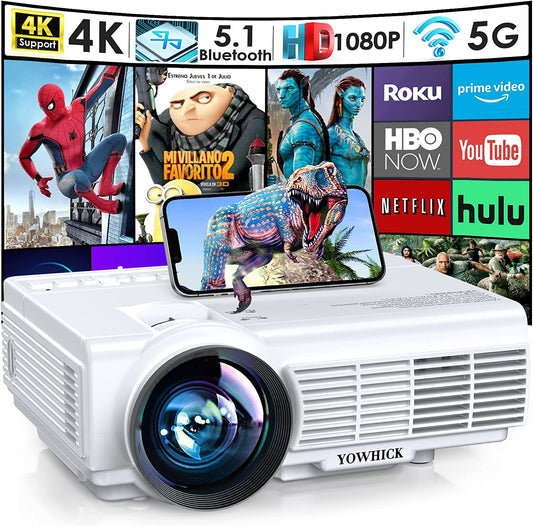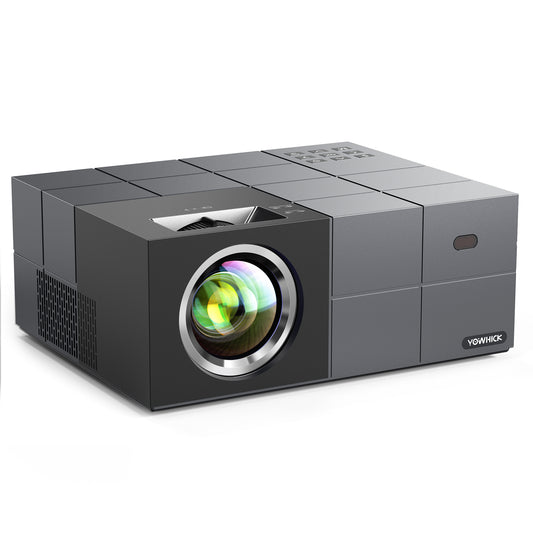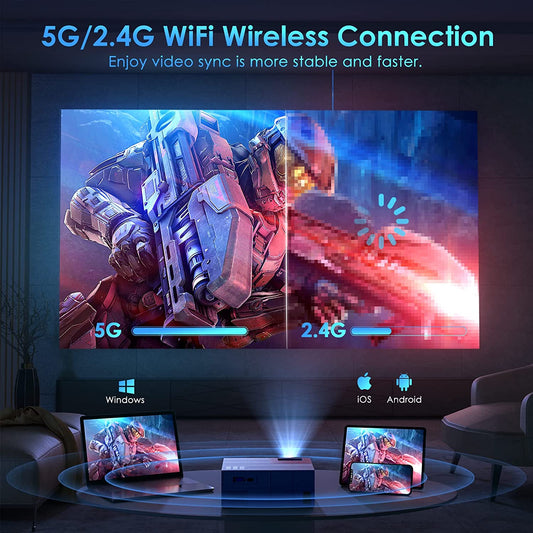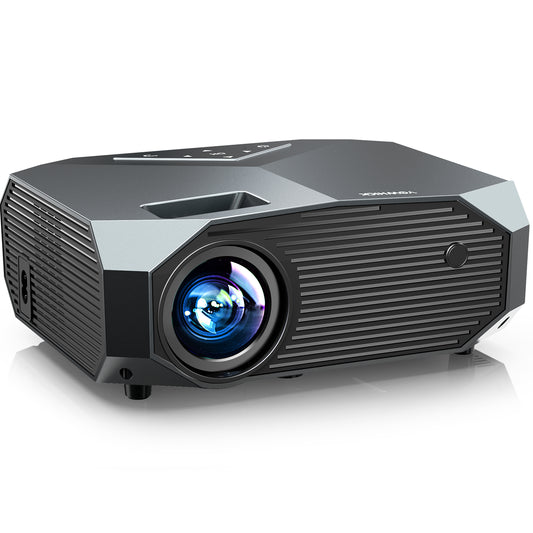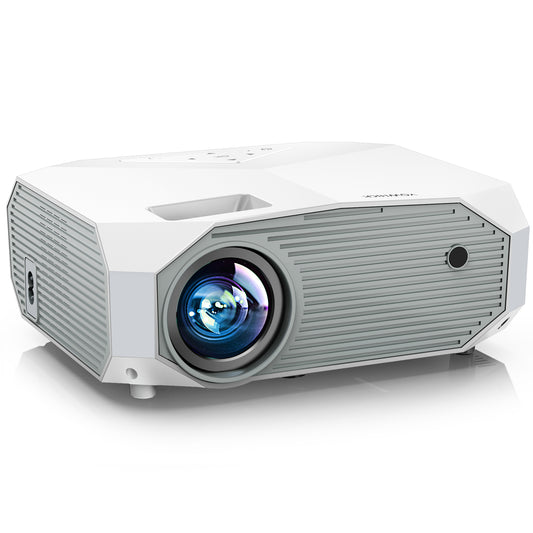When setting up an outdoor projector, one of the key components to consider is the screen. Choosing the right material for your outdoor projector screen is crucial for achieving optimal image quality and a satisfying viewing experience. In this comprehensive guide, we will explore various options and factors to consider when deciding what to use for an outdoor projector screen.
Factors to Consider When Choosing an Outdoor Projector Screen
Before diving into the different materials available, it's important to consider the following factors when selecting an outdoor projector screen:
1. Screen Size and Aspect Ratio
Determine the ideal screen size and aspect ratio based on your viewing preferences, available space, and the capabilities of your projector. Consider the viewing distance and the desired level of immersion to ensure a well-proportioned and enjoyable viewing experience.
2. Portability and Setup
Consider whether you require a portable or fixed outdoor projector screen. Portable screens are lightweight and easy to set up and take down, making them suitable for those who frequently move or travel. Fixed screens, on the other hand, provide a more permanent and stable solution for dedicated outdoor viewing areas.
3. Durability and Weather Resistance
Since the screen will be exposed to the elements, it's important to choose a material that is durable and weather-resistant. Look for screens that are designed for outdoor use and can withstand various weather conditions, including UV rays, moisture, and temperature fluctuations.
4. Screen Gain
Screen gain refers to the reflectivity of the screen surface. A higher gain value indicates greater reflectivity, resulting in a brighter image. Consider the ambient light conditions in your outdoor viewing area when selecting the screen gain. Higher gain screens are suitable for environments with more ambient light, while lower gain screens are ideal for darker settings.
5. Viewing Angle
The viewing angle refers to the range of angles from which the projected image remains visible. Choose a screen with a wide viewing angle to ensure that everyone in the viewing area can enjoy a clear and vibrant image, regardless of their seating position.
Different Outdoor Projector Screen Materials
Now let's explore some of the common materials used for outdoor projector screens:
1. Vinyl or PVC Screens
Vinyl or PVC screens are popular choices for outdoor projector screens due to their durability and weather resistance. These screens are typically designed to be wrinkle-free and easy to clean. They are available in various sizes and aspect ratios, making them versatile for different setups.
2. Fabric Screens
Fabric screens offer a lightweight and portable option for outdoor projector setups. They are often made from materials such as polyester or spandex, which are stretchable and easy to set up. Fabric screens are typically wrinkle-resistant and can provide a smooth and even surface for projecting images.
3. Inflatable Screens
Inflatable screens are a unique option for outdoor projector setups, particularly for large-scale events or gatherings. These screens are made from durable materials and can be quickly inflated and set up. Inflatable screens are highly portable and offer a larger viewing area, providing an immersive experience for the audience.
4. Paintable Screens
For a more customized and seamless outdoor projection experience, paintable screens can be an option. These screens involve applying a specialized projection paint directly onto a surface, such as a wall or a large white panel. Paintable screens provide flexibility in terms of screen size and aspect ratio, and they can be an ideal choice for permanent outdoor installations.
5. DIY Screens
If you prefer a budget-friendly option or enjoy DIY projects, you can create your own outdoor projector screen using various materials. Some common DIY screen materials include blackout cloth, shower curtains, or white bed sheets. While DIY screens can be cost-effective, they may not provide the same level of image quality or durability as specialized outdoor projector screens.
Maintenance and Care Tips
Regardless of the material you choose for your outdoor projector screen, proper maintenance and care are essential to prolong its lifespan and ensure optimal performance. Here are some tips to keep in mind:
- Regular Cleaning: Dust, dirt, and other outdoor elements can accumulate on the screen surface over time, affecting image quality. Clean the screen periodically using a soft cloth or a gentle cleaning solution recommended by the manufacturer.
- Storage: If you have a portable screen, make sure to store it properly when not in use. Keep it in a clean and dry location to prevent damage from moisture or extreme temperatures.
- Avoid Sharp Objects: Be cautious when handling the screen to avoid punctures or tears. Keep sharp objects away from the screen surface, as they can cause irreparable damage.
- Protect from Wind: If you're using a lightweight or inflatable screen, secure it properly to prevent it from being damaged by strong winds. Use anchors or tie-downs to keep the screen stable during outdoor viewing sessions.
- Follow Manufacturer Guidelines: Each screen material may have specific care instructions provided by the manufacturer. It's important to read and follow these guidelines to ensure proper care and maintenance of your outdoor projector screen.
Conclusion
Choosing the right material for your outdoor projector screen is crucial for achieving a satisfying and immersive outdoor viewing experience. Consider factors such as screen size, portability, durability, screen gain, and viewing angle when selecting a screen material. Vinyl or PVC screens, fabric screens, inflatable screens, paintable screens, and DIY options are among the common choices available.
Remember to properly maintain and care for your outdoor projector screen to prolong its lifespan and optimize image quality. Regular cleaning, proper storage, and protection from harsh weather conditions are key to preserving the screen's performance.
By considering your specific requirements, budget, and preferences, you can select an outdoor projector screen that suits your needs and transforms your outdoor space into an entertainment hub for memorable movie nights, sports events, and more.


